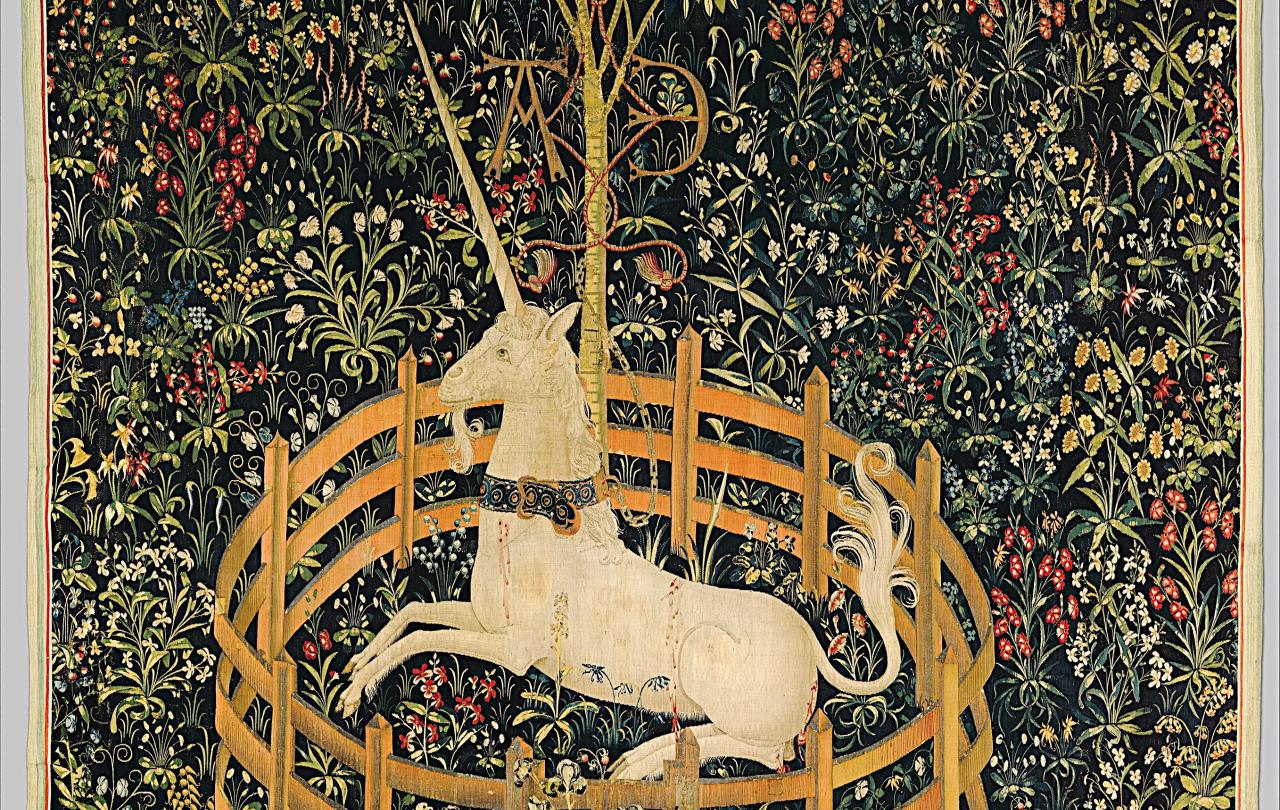
It’s a lesser-known irony of ancient history that it was Roman Emperor Tiberius who introduced Justitia to the pantheon of the gods, as the goddess of justice. Ironic in that it was Tiberius’s minion, Pontius Pilate, in remote Judea, who had history’s worst day at the office, administering Roman justice so cack-handedly on an insurgent preacher and miracle-worker from Nazareth that he sparked a chain of events on which a whole new system of (at least western) justice was founded.
Justitia was the antecedent of Lady Justice, whose statue adorns the dome of London’s central criminal court at the Old Bailey – and many other courts besides. She invariably holds the judicial symbols of weighing scales and a sword. And she is often blindfolded, though not on the Old Bailey, despite such constitutional eminences as the shadow justice secretary Robert Jenrick erroneously claiming she is.
The blindfold, scales and sword symbolise Lady Justice’s impartiality, the primacy of evidence and the equality of all before the law. We’ve grown accustomed to the rule of law in our democracy being applied blindly and without emotion. Convicted murderers are often described as having acted in cold blood and we expect justice to be served on them in the same manner, coldly.
It’s in that context that I want to examine one way in which Lady Justice is going a bit wrong these days. It’s not about miscarriage of justice, so much as the dispassion of it. I’m talking about the victim impact statement, introduced in the UK in 1996, which comes between conviction and sentencing.
It was meant to be an opportunity for victims and their families to tell the court of the impact and effects of the crime committed upon them. And, in that sense, to assist the judge or other sentencing authority to deliver an appropriate degree of punishment. So it is about the impact of the crime on those most directly affected by it.
That appears no longer to be solely – or even in some instances partly – the case. The victim statement now seems to be an opportunity for the irreparably damaged to sound off at the defendant, to vent their pain and anger and contempt for and at the wretched convict.
Take John Hunt, the BBC correspondent who lost his wife Carol and two of their three daughters, Hannah and Louise, to a multiple murder (and rape) one day last summer. His victim statement was less about the unimaginable effect these crimes have had on him and his surviving daughter, Amy, than about the divine judgment he would wish to call down on the murderer, Louise’s former partner Kyle Clifford.
It really served no judicial purpose. It’s impossible to conceive that anything Hunt had to say had the slightest influence over the judge’s intention to pass down whole-life terms on Clifford, which he duly did. Its sole purpose seems to have been to allow Hunt to have his day in court, as it were, and who would wish to deny him that? But that does undermine the explicit purpose of the victim statement.
Hunt himself conceded as much at the start of his statement when he said of his victim statement:
“I initially misunderstood its purpose. Do I really need to detail the impact of having three quarters of my family murdered?”
He’s right – he didn’t. But he saw it as his “final opportunity” to address his family’s murderer. There followed an excruciating and heart-rending verbal attack on the convicted prisoner, culminating with the prophecy of his despatch to hell on his “dying day”:
“The screams of Hell, Kyle, I can hear them now. The red carpet will come out for you…”
I can’t know if Hunt would prefer the death penalty to be available to despatch his family’s killer immediately. One suspects he probably does. I oppose it, one reason being that it can leave no room for penance and redemption. We must surely all agree that Hunt gets a free pass on that rationale, but with no more severe sentence available than that which was passed, again we must ask what the purpose of the victim statement was.
If it is simply to wish a hellish death on the perpetrator, then again we need to ask what purpose is being served and, indeed, if it’s healthy both for the judicial process and for the victim who delivers the statement.
The same thought arose at a pre-sentencing hearing of the recent Nottingham murderer, when the son of one of the three victims, James Coates, told the killer:
“Valdo Calocane, you claim the voices told you to kill these innocent people. Now listen to me, kill yourself.”
Is that about impact? I don’t think so. I fear it has more to do with theatre in a media age that is insatiable for drama. Part of the purpose of the law is to maintain a distance between those affected emotionally and those who have committed crimes against them.
Remove that and we reduce not only some of the justice for criminals to mere spectacle, but also in some degree respect for their victims and, indeed, the quality of mercy.
Celebrate our 2nd birthday!
Since March 2023, our readers have enjoyed over 1,000 articles. All for free. This is made possible through the generosity of our amazing community of supporters.
If you’re enjoying Seen & Unseen, would you consider making a gift towards our work?
Do so by joining Behind The Seen. Alongside other benefits, you’ll receive an extra fortnightly email from me sharing my reading and reflections on the ideas that are shaping our times.
Graham Tomlin
Editor-in-Chief





